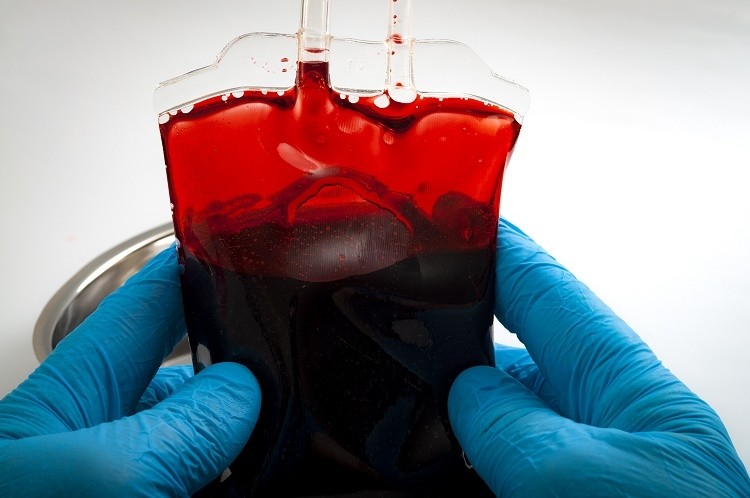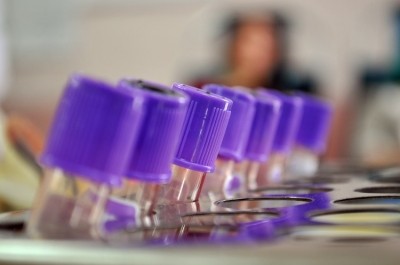Key Biologics teams with CRBS as cell-based therapeutics drive demand for blood products

Edward Scott, MD, chief medical officer, Key Biologics (Key), told us the company has provided research- and clinical-grade human cells and blood products to the industry from its Memphis site for years, but needed to expand its reach to include other metropolitan areas.
Cascade Regional Blood Services (CRBS) is a not-for-profit independent blood center serving Western Washington. CRBS also is a member of Blood Centers of America (BCA), which Key in September 2018 entered into an agreement with to leverage each organization’s resources.
Scott said the company’s location in the Seattle/Tacoma area will provide a larger metropolitan area for recruiting donors and provides “enhanced opportunities for shipment of collected products into Asia and Australia.”
“Timely deliver of products to those areas from Memphis is very problematic,” he said – though a location in Tacoma will allow faster and less expensive delivery options for customers on the West Coast.
The partnership will focus on collecting mononuclear cells (MNCs) by leukapheresis and includes joint donor recruitment, product distribution, and marketing, Scott explained.
“With this partnering opportunity, CRBS can offer their base of volunteer donors new ways to help support medical care and research,” he added. “Customers benefit by having access to an increased supply of raw materials and the ability to collect products from a larger and more diverse base of donors.”
The demand for human blood cells
The recent success of cell-based therapeutics in the clinic and on the market is driving demand for the critical raw materials needed for development.
“It is now clear that allogeneic and autologous cellular therapies can offer new therapies for diseases for which there are currently no effective alternatives,” said Scott.
Increased academic research in these areas also has driven a steady increase in the transfer of intellectual property (IP) to early-stage companies, he added, and these companies need access to cells.
“We expect that the demand for human blood cells as raw material will only continue to increase,” Scott said. “Key and CRBS have taken an early position in this growing field of science.”
Additionally, Key in August 2018 merged with Astarte Biologic – which also has a long-standing relationship with CRBS – adding complementary immunology expertise and expanded capabilities.


















